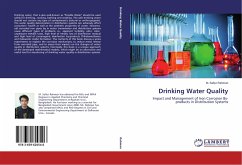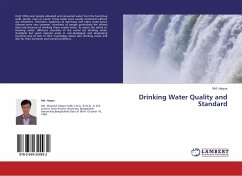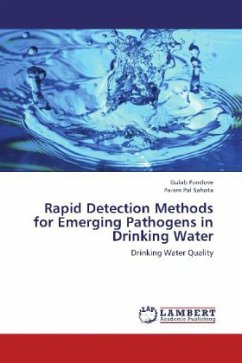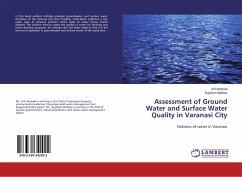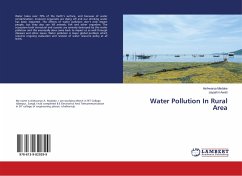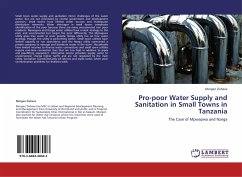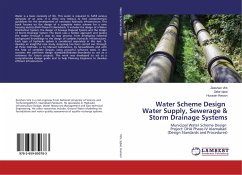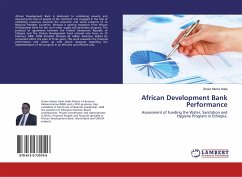Drinking water, that is also well-known as "Potable Water" should be used safely for drinking, cooking, bathing and washing. The safe drinking water should not contain any type of contaminant/s (natural or anthropogenic). The water quality deterioration in distribution systems can adversely affect consumers' health as well as the aesthetic properties of water. However, old corroded iron pipes lay in water transmission and distribution systems cause different types of problems i.e., apparent turbidity, odor, color, unpleasant metallic taste, high level of metals, loss of disinfection residual and high level of carcinogenic disinfection by-products (Trihalomethanes and Haloacetic Acids) formation. The contents of this book discuss a series experiments to explore the corrosion mechanisms, to reduce metal release from corroded pipe, and to assess their impacts on the changes of water quality in distribution systems. Eventually, this book is a unique approach of the developed mathematical models, which might be an alternative and useful tool for monitoring of drinking water quality in distribution systems.
Bitte wählen Sie Ihr Anliegen aus.
Rechnungen
Retourenschein anfordern
Bestellstatus
Storno

